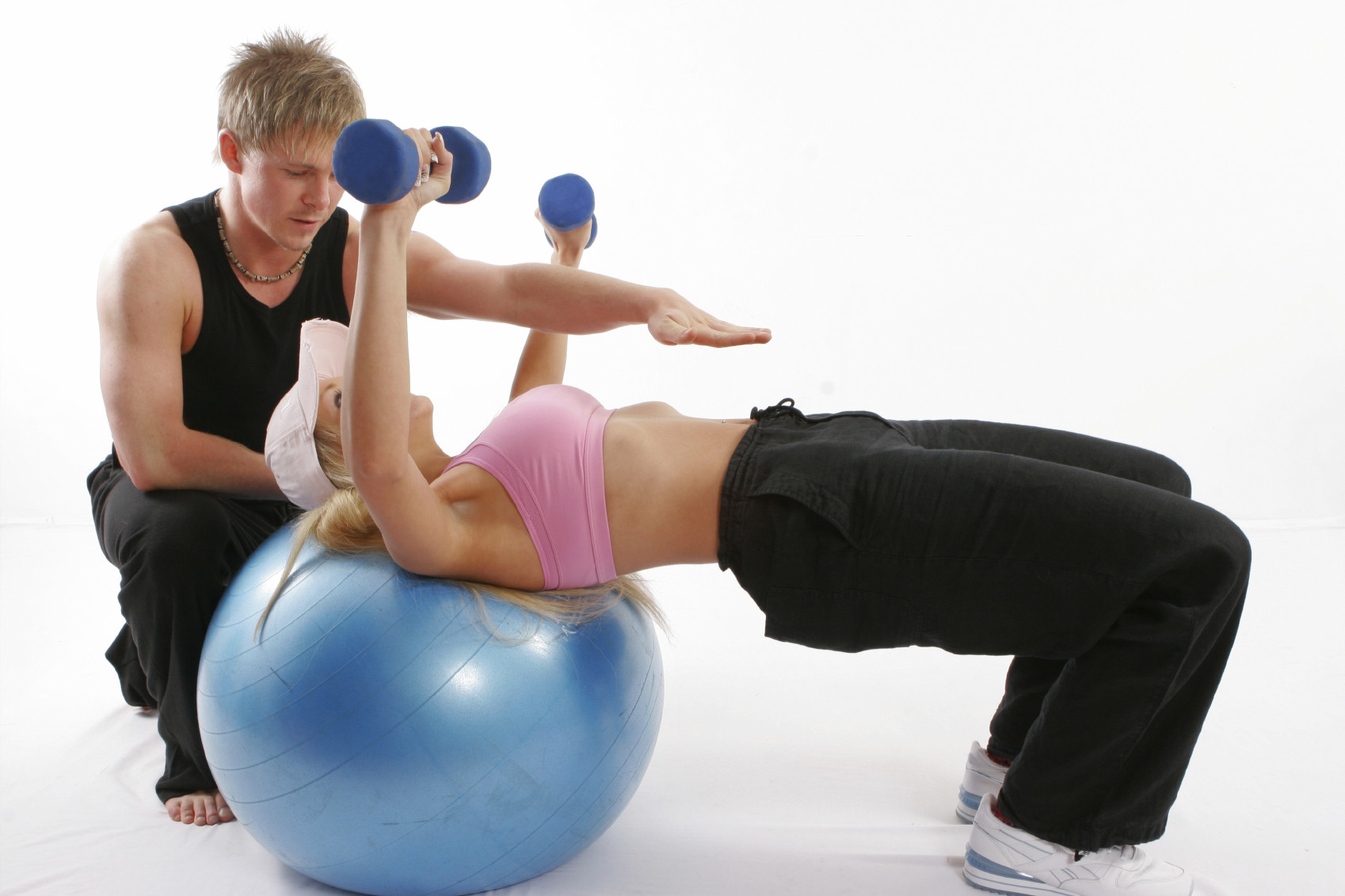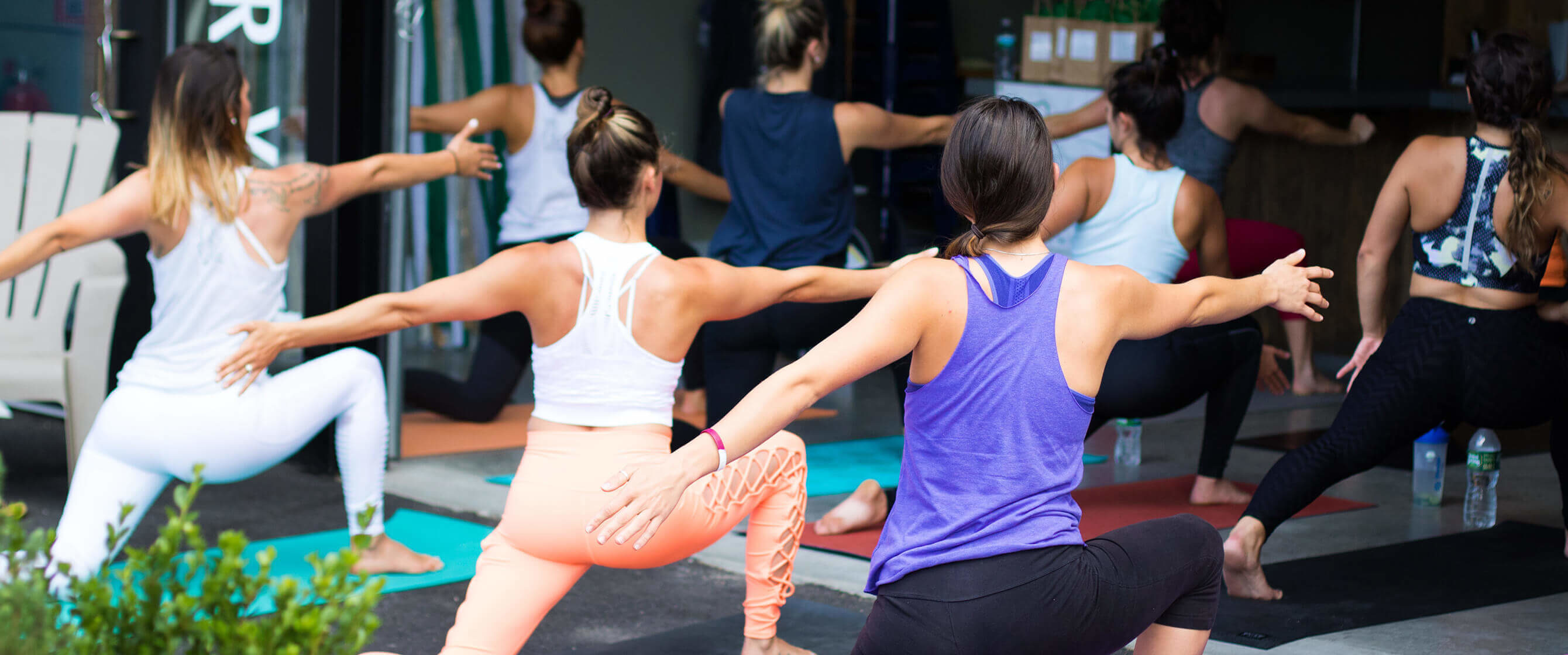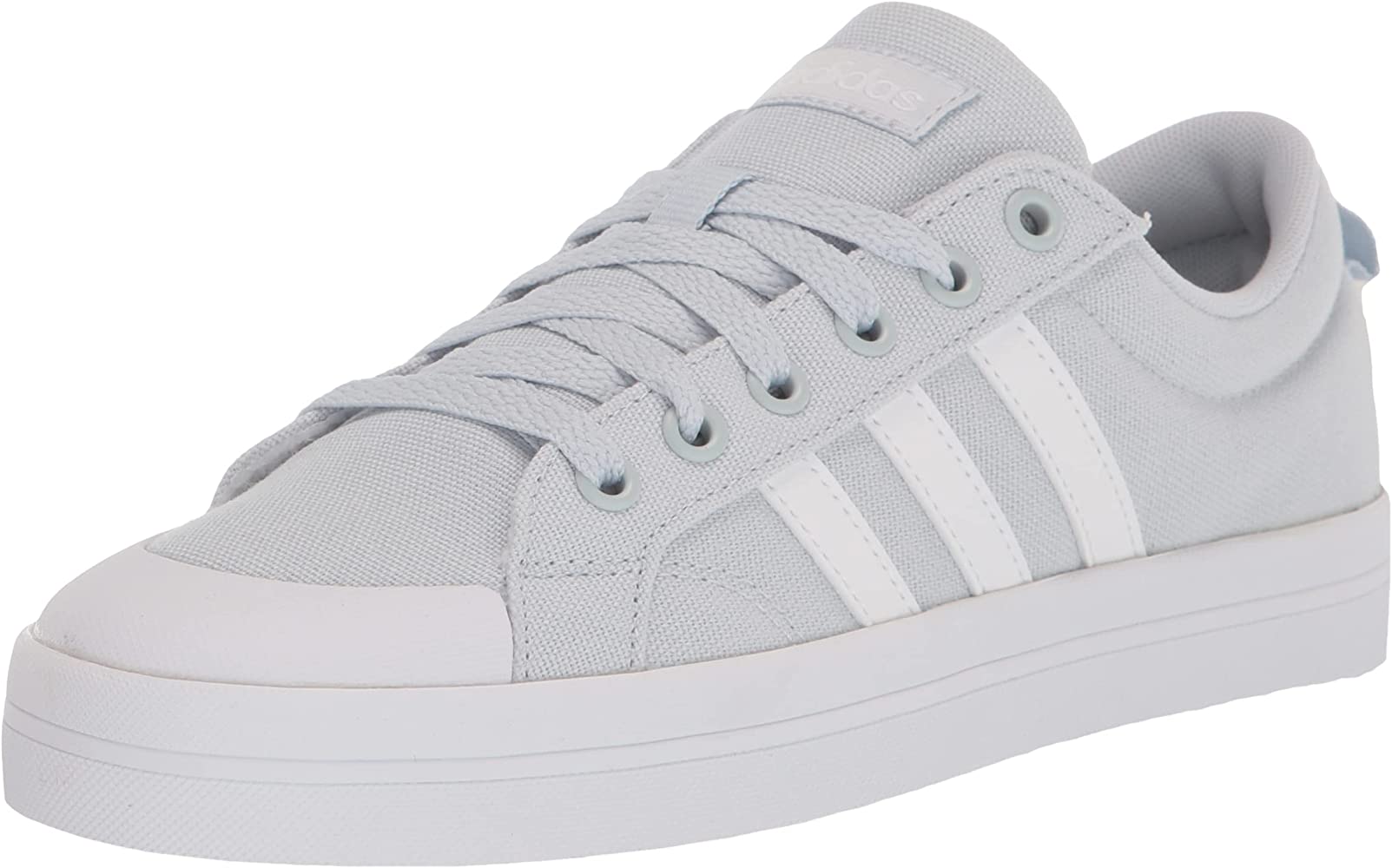
Complementary exercises are the best way for a 20-minute workout to be the most effective. These exercises work the entire body but aren't too hard on the physical side. You can even stretch them to do a longer workout. Because the effort is spread throughout the body rather than being concentrated on a single area for a prolonged period, this is why the workouts are so long.
Giant sets
Giant sets allow you to maximize your workouts. They consist of back-to-back exercises with no rest between them, and you can do each exercise up to four times. To get the best out of each exercise, it is important to follow proper form. Most people will complete 10-12 reps per exercise and perform four to five rounds during the whole workout. Giant sets can be difficult to progress. You can increase weight or decrease rest periods between each set.

HIIT
There are many benefits to a 20 minute HIIT workout. One of these benefits is calorie loss and effective muscle toning. HIIT training typically involves short bursts that are high-intensity followed by periods for rest. These workouts can be done anywhere and can help you tone and define lean muscle. A 20-minute HIIT exercise can be done from anywhere.
Circuit workouts
Circuit workouts are very beneficial, especially for beginners. Circuit workouts are a series of alternate movements that aim to increase your cardio conditioning and strength. They typically include eight to ten different exercises. There are two main types of exercises: upper and lower. Circuits take around 20 minutes.
Running
A daily 20-minute run can be a great way to stay fit, especially during hectic times. You can use this short workout to train your speed, endurance, and strength. You can also use it to help you get started in the quieter parts of your day. There are many exercises you can do, such as running up hills, walking for 30-60 seconds, or jogging. You can do this workout at least twice per week.

Walking
Walking for 20 minutes can help you get a good workout. If you are trying to lose weight, this activity is a good choice. Walking at a moderate-to fast pace can help to burn calories. You should aim to achieve a heart beat of between 50-70 percent and 70% of your maximum. You can exercise outside or on the treadmill. Before you start walking, you should do some warm-up stretches or shoulder circles.
FAQ
What does nutrition do to your body?
Your body's ability to function properly is aided by nutrition. You can ensure adequate nutrition by eating a balanced diet rich in fruits and vegetables, lean meats, whole grains, and healthy oils.
Are there any exercises I should not do?
Before you begin any new exercise regimen, make sure to check with your doctor. You may have injuries or other medical conditions that prohibit you from exercising in certain ways. Certain activities require special equipment and training. Swimming, for example requires a swimming suit and access to the water.
How can I start with fitness?
Start small. Take 10 minutes each day to walk around your block. This will give you basic movement patterns and give your muscles time to adapt to the new routine. After you have mastered this basic form of exercise, you can add more steps to your daily schedule.
What Does Exercise Do for Your Body?
Exercise is a great way to lose weight, increase your energy, lower stress levels, strengthen your muscles, and improve your sleep quality. The benefits of exercise include improved moods, better self-esteem, increased productivity, and reduced risk of heart disease.
Statistics
- Physical activity confers the following maternal and fetal health benefits: a decreased risk of pre-eclampsia, gestational hypertension, gestational diabetes (for example, 30% reduction in risk) (who.int)
- Globally, 81% of adolescents aged 11-17 years were insufficiently physically active in 2016. (who.int)
- Globally, 28% of adults aged 18 and over were not active enough in 2016 (men 23% and women 32%). (who.int)
- One study showed that adults who watch more than 4 hours of television daily had an 80% higher risk of death from cardiovascular disease. (heart.org)
External Links
How To
How to burn belly fat faster
When we are trying to lose weight, belly fat is often seen as a problem. However, Belly Fat can be beneficial if you really think about it. Your organs are protected from being damaged by excess belly fat. Let's now see how to quickly lose belly fat.
The two main factors that make us store body fat are stress and lack of exercise. Stress makes us feel hungry constantly because it stimulates the production of the cortisol hormone. Cortisol increases insulin levels in our blood. The excess calories are stored as fat by insulin. An increased appetite can be caused by a lack of sleep. These extra calories can be broken down by exercising.
There are many options to reduce belly weight. All of these methods can be used, depending on your budget. Here are some tips to help you get rid of belly fat quickly.
-
Eat less food. Instead of eating three large meals per day, try to eat smaller meals. This way, you'll consume fewer calories overall.
-
Drink plenty of water. Water flushes out toxins and keeps you hydrated. You won't overeat if you drink water before you eat.
-
Avoid snack foods that are unhealthy. If you're looking for quick fixes, snack foods like chips, cookies, candies, etc. These tempting snacks might look appealing. But avoid these fattening treats as they contain lots of empty calories and too much sugar. Instead, opt for healthy alternatives such as fruits, vegetables and whole grains.
-
Strength training should be performed at least 3 times per week. Strength training increases muscle mass, which can help you burn more calories while still resting. It strengthens bones muscles ligaments, tendons and the heart.
-
Stretching and walking are good habits. Stretching increases flexibility and mobility. It also reduces back pain. Walking for 30 minutes is a great way to burn calories.
-
Reduce alcohol intake. Reduce alcohol intake. Alcohol is a waste of calories and has no nutritional value.
-
You can lose weight slowly. The first step towards losing weight is to identify what your current weight is. Then, add 5% to 10% to your body weight to get your ideal weight. Once you have established your ideal weight, reduce your daily calorie intake by 500 to 1000 calories each day until you achieve your goal.
-
Avoid processed foods. These foods are high in salt, sugar, preservatives, and other harmful ingredients. Processed foods are often very convenient but don't provide enough nutrients to keep you healthy.
-
Don't skip breakfast! Breakfast improves concentration, memory, energy, and stamina. Breakfast should contain protein (like eggs), fibre (like oats), as well as complex carbohydrates (like oatmeal).
-
Have regular bowel movements. Constipation and irregularity can cause gas and bloating. Increase your fiber intake and drink lots of water.